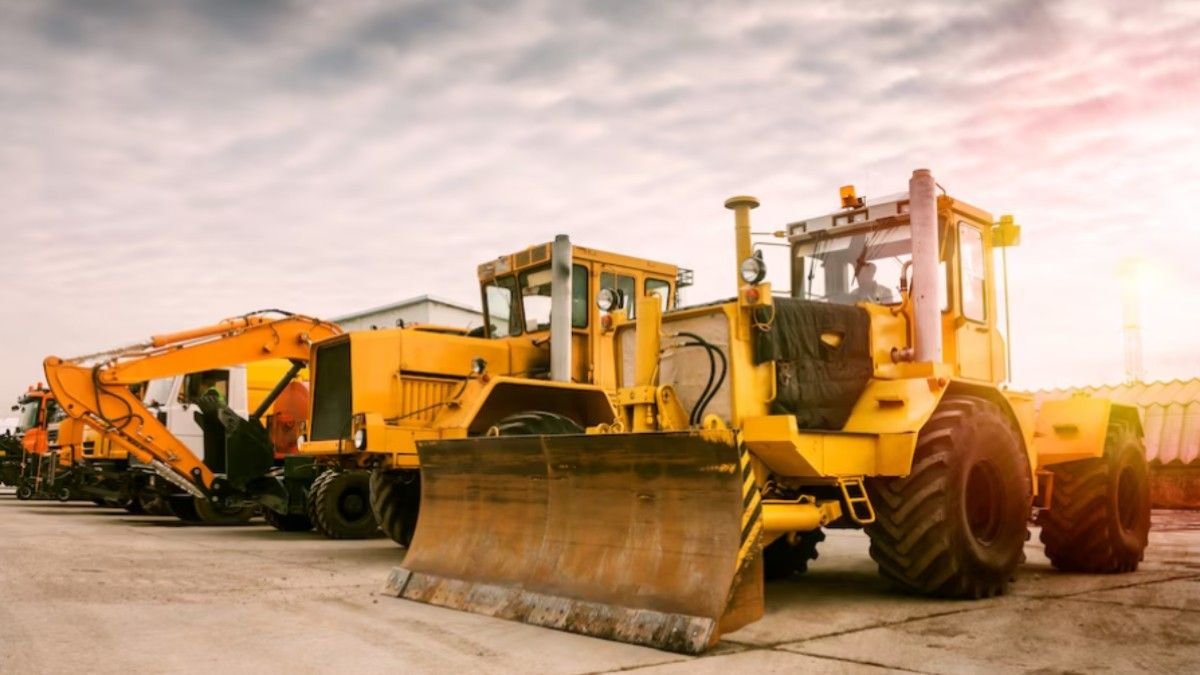The heavy machinery industry is dominated by a few major players, each known for their reliability, innovation, and specialization in certain types of equipment. Major brands have earned their reputation through decades of engineering excellence, safety standards, and customer support. Understanding the strengths of each brand and the type of machinery they offer can help you make a well-informed decision when purchasing or renting equipment.
Below, we’ll explore some of the leading heavy machinery brands, highlight their key strengths, and offer guidance on evaluating machinery for your unique projects.
Top Brands in Heavy Machinery
1. Caterpillar Inc.
Overview: Caterpillar, often recognized by its yellow and black logo, is a global leader in heavy equipment manufacturing. Known for their durability and innovative technology, Caterpillar offers a comprehensive range of machinery for construction, mining, and agriculture. They are especially noted for their bulldozers, excavators, and backhoe loaders.
Strengths:
- Durability and Resilience: Caterpillar equipment is known for its robust construction, designed to endure extreme conditions.
- Global Support Network: With a vast network of dealerships and support centers, Caterpillar ensures timely maintenance and repairs.
- Advanced Technology: Caterpillar integrates advanced technologies, like machine automation and telematics, to improve efficiency and productivity.
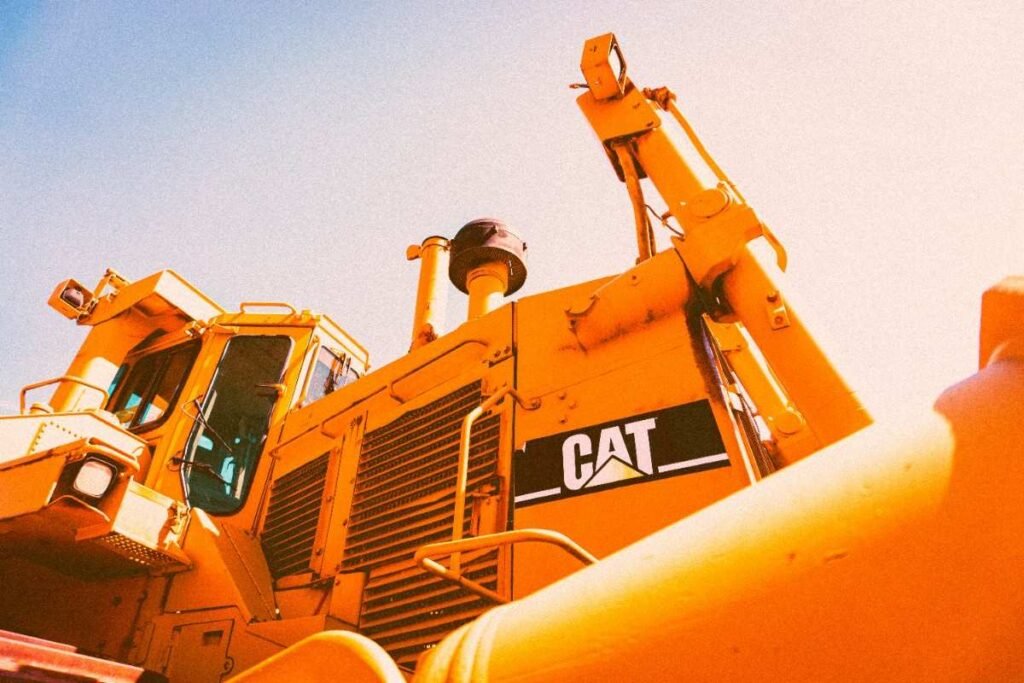
2. Komatsu Ltd.
Overview: Komatsu is a Japanese multinational corporation and one of Caterpillar’s strongest competitors. Known for its high-quality earth-moving equipment, Komatsu is popular in sectors like mining and construction. They make heavy machinery like excavators, dump trucks, wheel loaders, and dozers.
Strengths:
- Fuel Efficiency: Komatsu places a strong emphasis on fuel efficiency, helping reduce operational costs.
- Innovative Safety Features: Komatsu integrates cutting-edge safety technology, including collision avoidance systems and operator assistance features.
- Sustainable Practices: The brand focuses on sustainability, with energy-efficient models that aim to reduce emissions.
3. Volvo Construction Equipment
Overview: Volvo CE is a well-known European brand that produces reliable, high-performing construction equipment. Their product range is wide which includes excavators, wheel loaders, and articulated haulers. Volvo CE emphasizes operator comfort and safety, making it a preferred choice for many contractors.
Strengths:
- Operator Comfort: Volvo CE designs its machines with ergonomic cabins, minimizing operator fatigue and improving productivity.
- Environmental Focus: Volvo leads in eco-friendly machinery, developing electric and hybrid models to reduce carbon footprints.
- Safety: Known for pioneering safety standards, Volvo integrates features like auto-braking and stability control in its machinery.
4. John Deere
Overview: John Deere is an authentic brand, especially in agriculture, forestry, and construction equipment. Known for its iconic green and yellow branding, John Deere provides equipment such as tractors, loaders, and forestry machinery. Their focus is on powerful yet user-friendly machines.
Strengths:
- Precision Agriculture: John Deere offers precision technology, such as GPS-guided tractors, which optimize farming operations.
- Durability: Built to withstand heavy-duty usage, John Deere’s equipment is highly reliable and durable.
- After-Sales Support: Known for strong customer service, John Deere offers extensive training, maintenance, and parts availability.
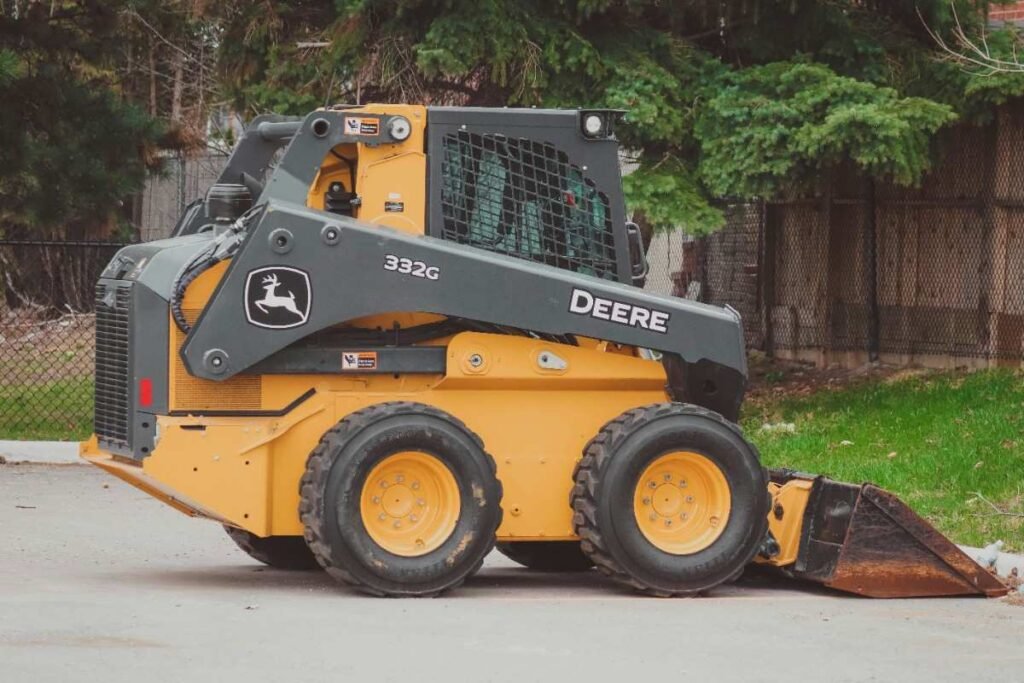
5. Hitachi Construction Machinery
Overview: Hitachi is another top player, particularly known for its excavators and hydraulic machinery. They have a strong presence in the mining and heavy construction sectors and are widely recognized for their advanced hydraulics.
Strengths:
- Hydraulic Excellence: Hitachi’s hydraulic systems are highly efficient, providing precision and power in heavy-duty operations.
- Innovative Design: With a focus on reducing machine downtime, Hitachi emphasizes easy-to-maintain designs.
- Cost-Effective Solutions: Hitachi often offers competitive pricing and lower operational costs, making it a budget-friendly choice.
6. Liebherr Group
Overview: The German company Liebherr is known for manufacturing high-quality, durable construction and mining equipment, including cranes, excavators, and loaders. Liebherr is favored in industries where lifting heavy loads is a primary requirement, such as construction and ports.
Strengths:
- Exceptional Build Quality: Liebherr’s equipment is built to last, withstanding high-stress conditions and extensive use.
- Customization Options: Liebherr offers various customizable options, tailoring machinery to specific operational needs.
- Heavy Lifting Expertise: Liebherr is particularly renowned for its cranes, including mobile, crawler, and tower cranes for large construction projects.
7. Doosan Infracore
Overview: Doosan, based in South Korea, is known for reliable, versatile machinery. Their products range from mini-excavators to large wheel loaders, commonly used in construction and industrial applications.
Strengths:
- Versatility: Doosan offers a wide range of machinery, suitable for various industries.
- User-Friendly Design: Their machines are designed for ease of use, which minimizes operator training time.
- Affordable Pricing: Doosan provides quality equipment at competitive prices, ideal for small to medium-sized businesses.
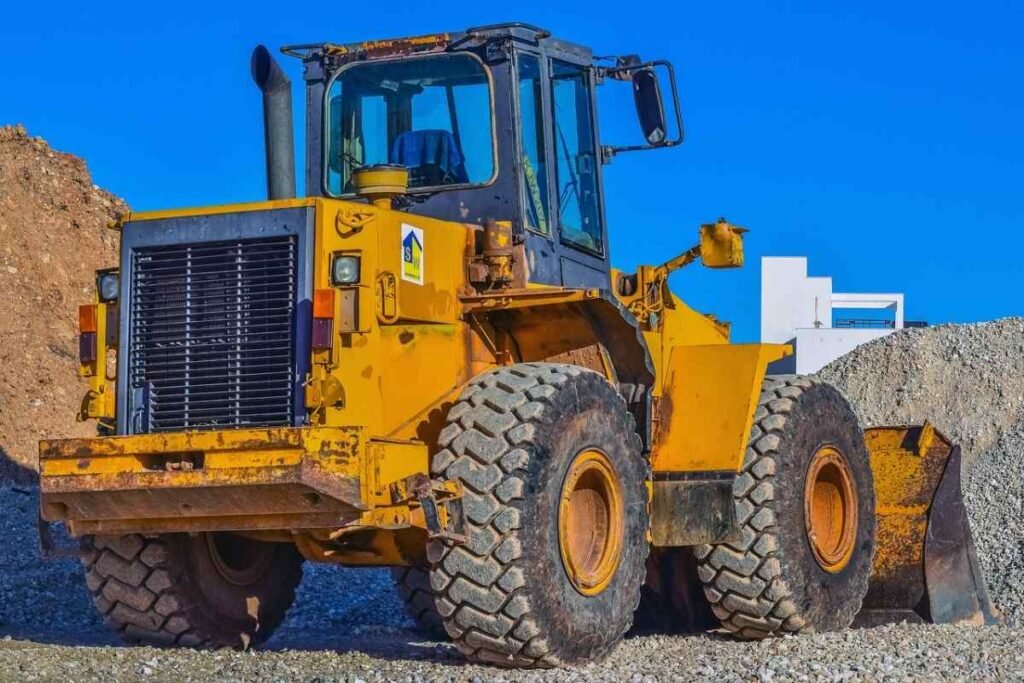
How to Choose the Right Brand and Equipment
With a clearer understanding of the top heavy machinery brands, let’s explore key factors to consider when selecting the right machinery for your specific needs.
1. Assess Your Project Requirements
The first step in choosing the right machinery is to evaluate your project requirements, including the type, size, and frequency of tasks you need to accomplish. Consider the following questions:
- What is the primary use of the equipment? For example, if you need machinery for earthmoving, excavators and bulldozers are essential.
- What is the scale of the project? Larger projects may require heavy-duty machinery, while smaller tasks can be managed with compact equipment.
- Will you need the equipment long-term? If you plan to use the machinery regularly, investing in a durable, high-quality brand is crucial.
2. Evaluate Budget and Financing Options
Heavy machinery is a significant investment, so budget constraints are a key consideration. Here’s how to approach budgeting:
- Purchase vs. Rental: Determine if it makes more sense to buy or rent machinery. For short-term projects, renting may be more cost-effective, while purchasing is ideal for long-term use.
- Total Cost of Ownership: Don’t just consider the initial purchase cost; evaluate the long-term costs, including maintenance, fuel, and spare parts.
- Financing Options: Many brands offer financing plans. Check with dealerships for flexible payment terms that fit your budget.
3. Consider Fuel Efficiency
Fuel is a major operational cost for heavy machinery. Investing in a brand known for fuel efficiency can reduce overall expenses significantly. Brands like Komatsu and Volvo focus on fuel-saving technology, which can make a big difference in the long term.
4. Research After-Sales Support and Service Availability
Reliable after-sales support is essential, especially for heavy machinery that requires regular maintenance. Look for brands with a strong service network, trained technicians, and easy access to spare parts. Caterpillar, for example, is known for its extensive dealership network and customer support.
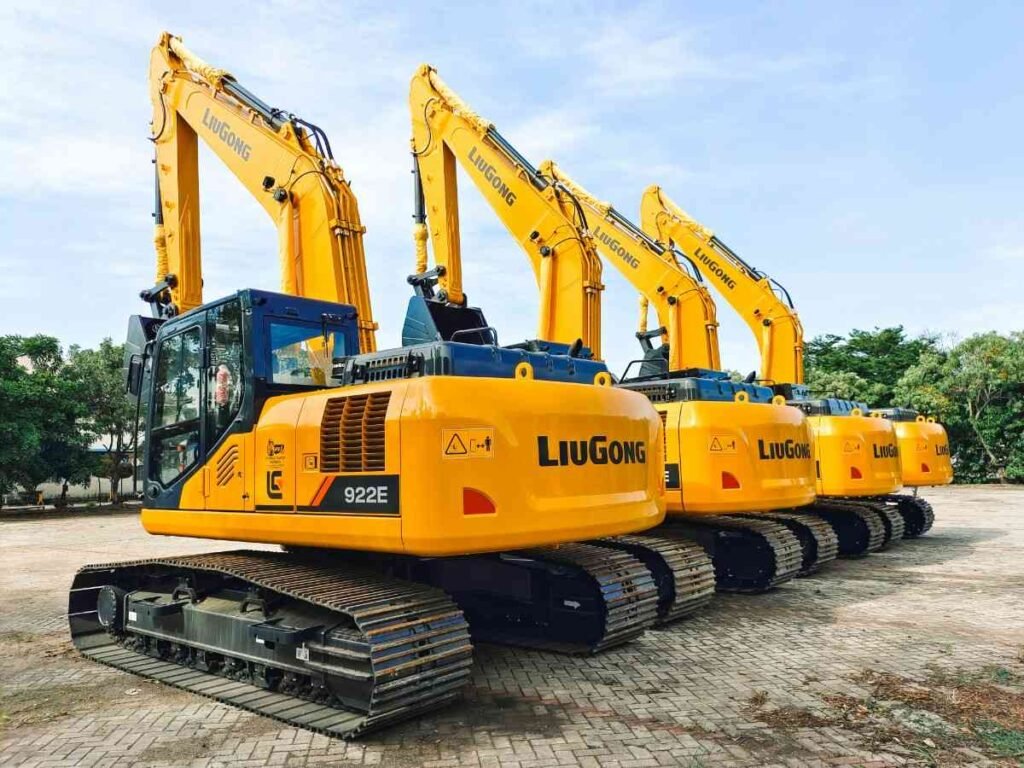
5. Prioritize Safety Features
Safety is paramount in heavy machinery operations, particularly on construction and mining sites. Brands like Volvo and Komatsu integrate advanced safety features into their equipment, including:
- Automatic Braking: Reduces the risk of collision.
- Stability Control: Enhances machine stability on uneven terrain.
- Operator Assistance Systems: Technology that helps prevent human error and accidents.
6. Evaluate Technology Integration
Many leading brands incorporate innovative technologies, such as GPS tracking, telematics, and automation, into their machines. These technologies offer numerous benefits, including:
- Real-Time Monitoring: Telematics systems allow operators to monitor fuel usage, location, and maintenance needs remotely.
- Improved Accuracy: GPS integration enables precise grading and excavation, reducing material waste and increasing efficiency.
- Automation: Automated machinery can reduce the need for extensive manual operation, lowering labor costs and improving safety.
7. Read Customer Reviews and Case Studies
User feedback is invaluable when evaluating a brand’s reputation and performance. Many brands publish case studies showing how their equipment performs in real-world conditions. Customer reviews can also provide insights into a brand’s reliability, service quality, and any potential issues.
Conclusion
Selecting the best heavy machinery brand is a decision that requires careful consideration of your project requirements, budget, and long-term goals. Each of the top brands offers unique strengths, from Caterpillar’s renowned durability to Volvo’s commitment to safety and sustainability. By assessing factors like fuel efficiency, after-sales support, and technology integration, you can choose machinery that not only meets your immediate needs but also supports your business’s growth and productivity in the long run.

